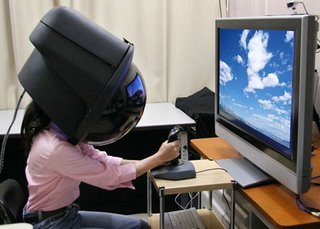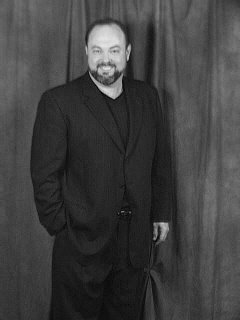
The furor over the recent speech made by Pope Benedict in Germany continues and has elicited a response from the Muslim community under an open letter written to respond to the Pope's message.
Not being a Muslim scholar, nor an expert on Islam, I cannot speak to the specific claims made by these Muslim scholars regarding Islamic teaching, but I can speak to some of the theological aspects of this letter with regards to an Orthodox Christian understanding.
The Muslim scholars first discuss the Islamic view of the Transcendence of God and say the Pope's message was an oversimplification. I find this a bit misleading since most Islamic complaints about the Christian doctrine of God is the complexity involved. Islamic scholars regularly claim that an Islamic view of God is much more simple and less nuanced than the Christian doctrine of the Trinity allows.
However, I will forgo this and take the scholars at their word that the simplistic understanding of transcendence in Islam is, in fact, more nuanced than I was lead to believe. If this is so, then this is wonderful news. It means that Islamic thought has the possibility of moving closer to the Christian understanding that God is both Transcendent and Immanent.
This is especially witnessed in the Christian understanding of the Incarnation, which Islam totally rejects. In the Incarnation, God become Immanuel, God with us. Islam has no place for such an understanding of either the Prophet or any other religious leader. They come closest to this incarnational model in their understanding of the Koran, which, in its original Arabic, is said to have been dictated to the Prophet directly from God Himself. So, a printed page can be the immanent Presence of God in Islam.
The scholars go on to speak about Greek philosophy and attempt to equate the Islamic understanding to the use of "logos" in classic Greek philosophy, but, in my opinion, they fail miserably.
The pontiff's speech was about the European loss of an Hellenic mindset and the absolute incompatibility of compulsion with regards to religious conversion. One cannot help but wonder if the Islamic scholars have ever addresses this issue with their fellow Muslims.
The weak historical arguments made in this Islamic response to Pope Benedict cannot pass without comment.
The notion that there were exceptional times when Islam as a "political" expression (an interesting caveat on the part of these scholars) where force was used to convert whole peoples to Islam is a bit hard to square with the historical data. Even given the nominal Christian societies where the armies of Islam conquered lands in the Middle East and in the northern parts of Asia Minor, the claim that forced conversions were the exception is difficult to believe.
These scholars claim that if Islam was indeed commanded to spread by the sword there would be no churches or synagogues left standing, a point well taken, please explain why so many churches and synagogues have been destroyed, and why there are NO existing churches in Saudi Arabia- none! All the while mosques are being built in the West at an alarming rate.
Finally, I am actually encouraged by this open letter from some Islamic scholars. Now perhaps we can get these same scholars to write a similar letter to their fellow Muslims.
I contend the theological challenges that await we Christians demand we begin taking seriously the theological challenges poised by Islam. Our people, ignorant of such deep theology like the doctrine of the Trinity, are ripe for another Islamic wave of "conversions" from nominal Christians, especially in the West where we have all but abandoned classical Christianity.



